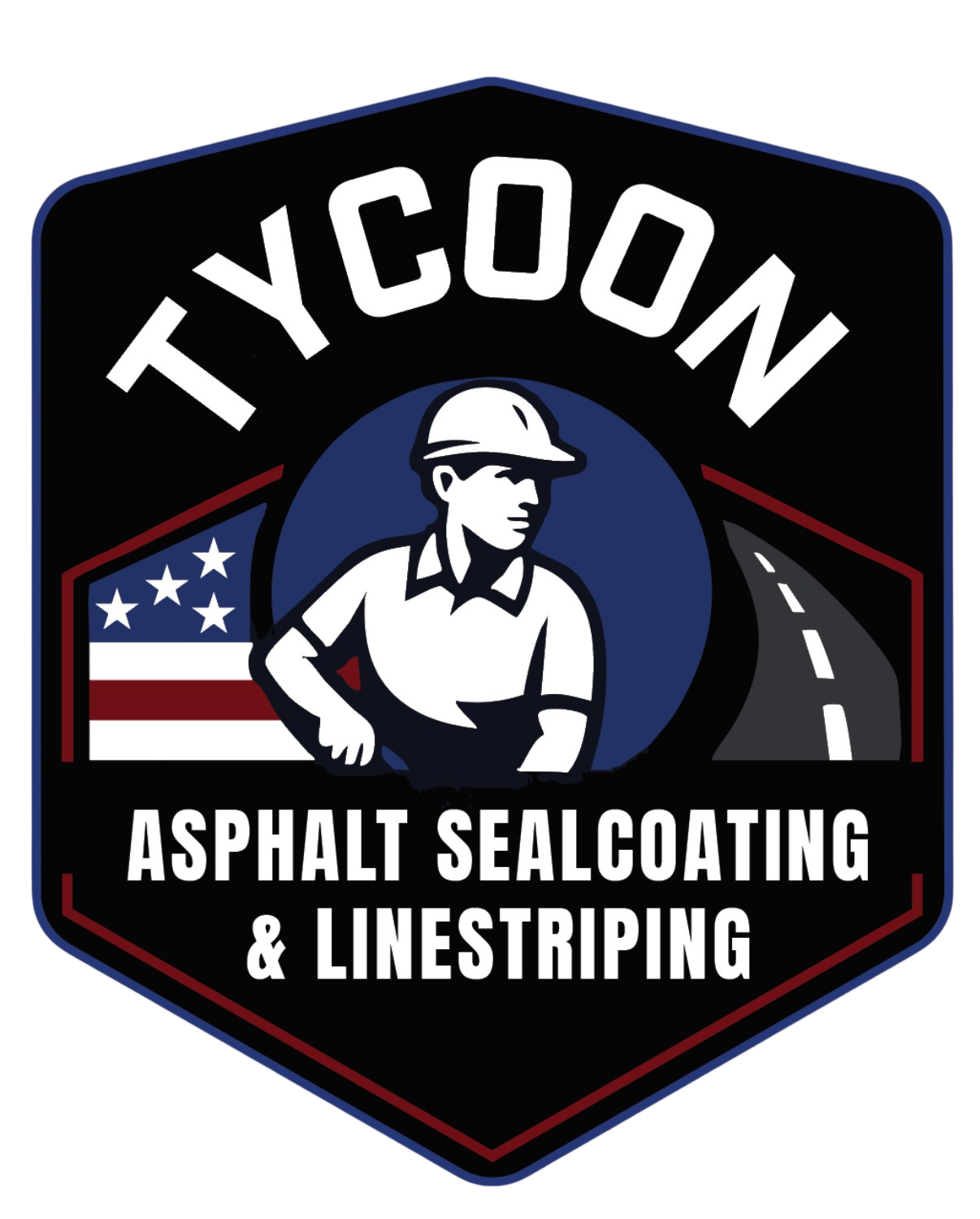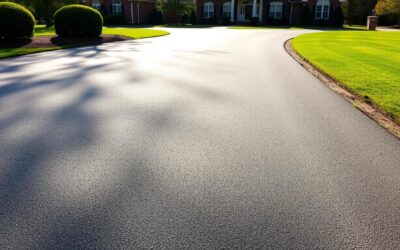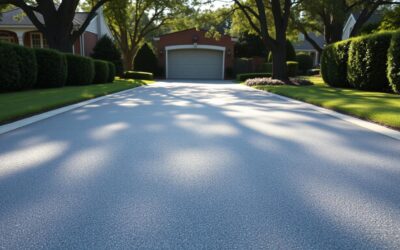We help buyers in the area prepare for a smart paving project by listing the exact items to verify before hiring. Our goal is to give clear, practical information so you can make sure expectations match results.
A successful job depends on experience, scope clarity, and code compliance. We explain what to confirm: licenses, liability coverage, material specs, and manufacturer certifications.
We also cover scheduling details, temperature thresholds for sealcoat and overlays, and what bids should include or exclude—testing, permits, traffic control, utility adjustments, and bonds.
Use our checklist approach to compare companies on equal footing. Doing this up front protects your business, reduces risk, and keeps your project moving today.
Why asking the right questions matters for your Charlotte paving project
Asking the right things up front saves time, money, and headaches on any paving project. We focus on queries that reveal how a company plans, tests, and protects your site so the finished pavement lasts.
Commercial intent: making a confident hiring decision today
We link your commercial goals to practical outcomes. The right questions show who can start on your schedule and deliver the scope you expect.
Targeted inquiries also expose process maturity, on-site testing, and communication habits. That helps avoid overruns and costly rework on a parking lot or mixed-use site.
What can go wrong with the wrong contractor
Poor vetting leads to base and compaction failures, permit or ADA problems, inflated costs, and lost time while fixes happen. Amateur mistakes often trigger change orders and legal headaches.
Read reviews, call references, and visit finished sites to validate claims. Probe for standards, testing, and timelines so you hire a team that stands behind its work.
Vetting the contractor: experience, team, and service area fit
A quick check of a firm’s years in business and project types tells you whether they fit your need.
How many years and what project types?
Ask exactly how many years the company has worked and which projects they do most: driveway, parking, or lot repairs.
Firms with 20–30+ years often show stronger results because they have solved many field issues already.
Who’s on the crew and what services do they provide?
Meet the team leads who will run milling, grading, compaction, and finishing. That tells you how work quality is managed day to day.
Confirm the full list of services provide — overlays, crack sealing, infrared patching, sealcoat, and full-depth repair — so the scope matches capability.
Do they serve our neighborhood and how is schedule handled?
Verify the service area includes your address and whether there are travel or mobilization fees. Reputable asphalt contractors state this up front.
Ask about schedule peaks in spring and fall and how companies sequence crews to reduce disruption at your site.
Understanding scope and process before you sign
Before you sign, we walk through every line of the bid so your expectations match the delivered work.
What is included and what’s excluded?
We review the written scope line by line so inclusions and exclusions are clear. Bids often leave out testing, permit fees, traffic control, surveys, utility adjustments, and bonds. Make sure these items are listed or budgeted separately.
Which materials will be used?
Ask which mix designs are planned and if materials meet or exceed state highway or DOT standards. Request manufacturers’ certifications so you can verify the materials use and warranty alignment.
Drainage, compaction, and pavement thickness
Confirm how drainage paths, tie-ins, and cross slopes will be handled. Verify sub-base stabilization, compaction targets, and specified pavement thickness for the type of work your site needs.
Timeline and seasonality
Discuss sequencing, daily cleanup, and safety measures. Note that sealcoat and overlays usually require ground temperatures above 45°F to cure, while patching often proceeds year-round. Busy seasons in late spring and early fall can affect lead times, so set a realistic schedule in writing.
Proof of quality: references, reviews, and site visits
Proof of quality starts with real-world checks — reference calls and on-site visits that confirm workmanship. We use simple, repeatable steps to verify that the bid matches the finished job and that the team stands behind its work.
Can we call recent clients and see a finished project similar to ours?
Ask for at least three references from recent clients. Prepare short questions about schedule, communication, total job costs, and how punch-list items were handled.
Visit a comparable parking lot or mixed-use lot in person. Note surface texture, joints, drainage, and striping quality. Take photos months after completion when possible.
How to read online reviews and compare local paving companies
Read reviews for patterns — responsiveness, cleanup, and adherence to commitments matter more than a single outlier comment.
Compare portfolios by checking similar scope and constraints. Confirm that the crews who built the job are the ones the company sends to your site.
Use reference calls to verify warranty follow-through and responsiveness after turnover. A short checklist for each visit helps keep comparisons objective and fair.
Protecting our business: insurance, licensing, and compliance
Protecting your business starts with clear proof that the team you hire carries current insurance and proper registrations.
Liability insurance and proof on request
We request a copy of the liability insurance policy and any bonds. Reputable firms provide a current certificate on demand.
Ask to list your business as the certificate holder so you get direct notification of changes. That keeps risk off your balance sheet.
Current licensing and registrations
We verify the contractor and all subcontractors hold proper licenses and registrations. License numbers should appear in writing.
Confirm the company provides proof that its service teams meet local trade rules and carry the required registrations.
Permits, traffic control, and ADA compliance for parking lots
We make permit responsibility explicit in the contract and record who will set up traffic control and inspections.
Confirm ADA items — stall counts, signage, striping dimensions, and slopes that affect lot drainage and pavement life.
We also ensure the safety plan covers barricades, after-hours protection, utility locates, and pre-construction photos. This information ties warranty terms to the actual work and creates clear accountability.
asphalt contractor questions charlotte: pricing, scheduling, and guarantees
Comparing bids the right way protects your budget and prevents surprise costs during the job.
How to compare quotes on an apples-to-apples basis
We line up proposals so each includes the same paving scope, thickness, base repairs, and joint detail.
That makes true price and value obvious when you review totals side by side.
Ask for unit pricing and contingency rates for unexpected base repairs. This keeps change orders fair and predictable.
Line items to confirm in writing
Make sure testing, permit fees, traffic control, surveys, utility adjustments, and bonds are priced or clearly excluded.
Also request materials certifications, testing standards, and proof of insurance and licensing in the proposal package.
Payment schedule, timeline, guarantees, and maintenance
We recommend milestone payments tied to deliverables with retainage held until final punch and documentation.
Set realistic schedule windows that account for busy seasons (late spring and early fall) and curing temperature limits for overlays.
Confirm a workmanship warranty, its length, and what maintenance services are offered to protect the finished lot.
Ask contractors for a final closeout packet: warranties, test results, as-builts, and maintenance recommendations for your clients.
Ready to pave in Charlotte? Here’s how we can help you move forward
If you want to move forward confidently, we’ll align scope, materials, and timing to keep disruption minimal.
We verify what’s included and excluded—testing, permits, traffic control, surveys, utility adjustments, and bonds—so your budget stays predictable. We also confirm licensing, proof of insurance, and materials certifications that meet DOT-level specs for asphalt paving.
Our team will walk your site, share references and nearby jobs to visit, and build a clear schedule that respects seasonality. We price transparently and outline maintenance like crack sealing and sealcoating to extend pavement life.
Contact us now and we’ll finalize scope, lock the timeline, and get your paving project started with confidence.




0 Comments